At just 41, Heidi was diagnosed with lymphoma. She successfully completed chemo and immunotherapy, only to relapse six years later.
Now, several years after finishing her second round of cancer treatment, Heidi reflects on her journey. “You can’t really fight cancer. It’s all about accepting and pacing yourself,” she shares. Despite the challenges, Heidi kept moving, planning activities that gave her energy. Above all, cancer sharpened her drive to live life to the fullest.
Heidi, how did your cancer journey begin?
“The first time—back in 2010—I felt a lump under my arm. At first, we thought it was a viral infection, but the swelling didn’t go away. Shortly after New Year’s, I was diagnosed with lymphoma. At first, I didn’t fully realise it was cancer. At 41, cancer seemed so far removed from my life. I looked up ‘lymphoma’ online, and when I understood it meant cancer, my world fell apart. But I quickly pulled myself together. Once I knew treatment was possible, I was ready to fight.”

Your treatment worked, but six years later, the cancer returned. How did you handle that news?
“I had check-ups every six months. Just before the summer of 2016, I felt swelling in my groin. The doctor initially thought it was an infection, but when it didn’t go away, I had to undergo a scan. Your mind races at a time like that. I felt tired, but was it just ‘normal’ fatigue? The whole summer, I was torn between logic and emotion. When the second diagnosis came, the ground disappeared beneath me. But I didn’t have a choice. You can wallow in self-pity—and yes, I had days where I did—but by nature, I’m an optimist. That helped me tremendously, along with the reassurance that treatment was possible again.”
How was the second treatment different?
“This time, it was more aggressive. The first time, I had very few side effects from chemo. The second time, I received chemo every three weeks, and it hit me much harder. I learned to plan fun outings and time with friends only during the third week of each cycle. There was no point in fighting the fatigue—I had to surrender to it. You can’t really ‘fight’ cancer. It’s about accepting and pacing yourself. Knowing I was in good hands with my doctors and nurses was a huge comfort.
Still, I felt it was important to do something proactive and not just give in to passivity. I worked with a specialised physiotherapist who motivated me to keep moving. Losing my hair was tough. It changes how you look and how you feel—you suddenly get that unmistakable ‘cancer look’. But the warm, drama-free support from my partner, family, friends, and colleagues was exactly what I needed.”

What did that support look like for you?
“I received so many messages and cards. I even had a wall of fame at home, completely covered in cards during treatment. Clearing it away afterwards felt almost like a ritual. I’ve always been very open about my cancer journey. The first time, I kept a personal diary. The second time, I started a blog—it was an easy way to keep everyone updated. Cancer makes your world feel small. Blogging helped make my world bigger, and by sharing openly, I made it easier for others to respond and support me.”
Many people struggle with trust in their bodies after a relapse. Did you feel betrayed by yours?
“No, because deep down, I knew it could always come back. Your lymphatic system runs throughout your entire body, so the cancer wasn’t confined to one specific place or gland. Sometimes it does feel unfair, especially since I’ve always lived a pretty healthy life. But there’s no point in dwelling on that.”

Does it ever feel like a sword of Damocles hanging over you?
“It’s always there in the background, but I try not to dwell on it. Next week, I’ll go for my six-month scan, but I don’t worry beforehand—I just assume everything will be okay. Between 2010 and 2016, when a close friend of mine died of cancer, I had a phase where panic took over. Every little twinge made me think I was sick again, but I didn’t dare call the doctor. Eventually, it turned out to be nothing, and I’ve since let go of that fear.
Nobody knows what the future holds. It’s reassuring to know that if the cancer ever comes back, there’s still one more treatment option—a stem cell transplant. Of course, I hope I’ll never need to go through that.”
Did these two cancer journeys create turning points in your life?
“Yes. The innocence is gone. That feeling of ‘nothing bad can happen to me’ has completely disappeared. Cancer forces you to pause and slow down. There are positive aspects to that, though I’d never romanticise it (laughs). It definitely influenced my life choices.
After my first treatment, I went back to my marketing and communications job at a university. But I quickly realised I no longer felt at home in that role. I switched careers, becoming a training coordinator for adult education, and went down to 80% working hours. After my second treatment, I reduced it again—to 60%.”

Was that because full-time work was too heavy, or because you wanted more time for other things?
“Both. I realised the most important things in life are my family, friends, and enjoying the little things—like going for a walk or having coffee with someone. It was also physically and mentally challenging to return to work after my second treatment. That was when the emotional processing truly began—only after treatment had officially ended. I saw a psychologist for the first time during that period because I was struggling emotionally. For the outside world, it seemed like everything was over, but that wasn’t how it felt to me. Through those sessions, I gradually adjusted my workload to 60%, and over time, I found my footing again.”
You’ve always been an optimist and someone who enjoys life. Did cancer intensify that?
“Yes, absolutely. My motto is voir la vie en rose—to see life through rose-coloured glasses. I’ve always tried to focus on the positives, even while I was sick. I’m so grateful for my family and friends. I love good food, good drinks, and spending quality time with people I care about. Even during treatment, I kept planning dinners with my friends—we call ourselves The Wild Women. On the third week after chemo, we’d always go out to eat, and when my chemo ended, we celebrated with a fancy dinner, partners included.
My husband and I also bought a camper van because we love to travel and explore. Just last weekend, we went to Flobecq to enjoy the beautiful nature. We also share a passion for Belgian beer and even trained as beer sommeliers together—it’s so much fun discovering new brews. When my daughter was living in Portugal, I went on my own for two weeks to Lisbon for a language immersion course to learn Portuguese. And we finally booked my dream trip to La Réunion and Mauritius with my husband and kids. Cancer taught me this: don’t wait until retirement to start enjoying life. You need to live NOW.”
Interview & photos: Spring 2021
Curious about more inspiring real-life stories like Heidi’s? Discover them all in our Personal Stories section >>

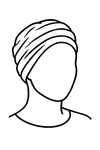
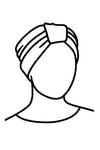

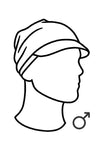


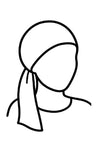
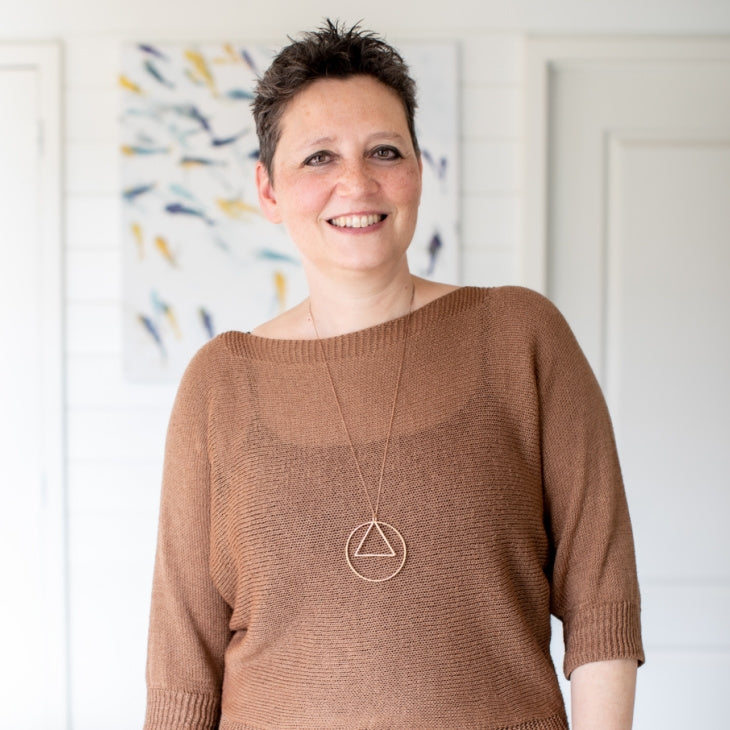
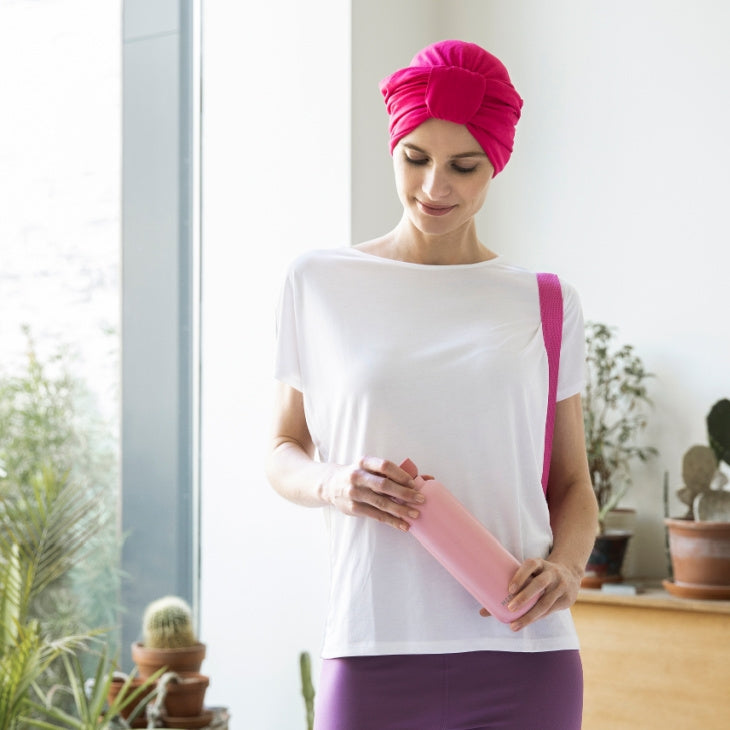
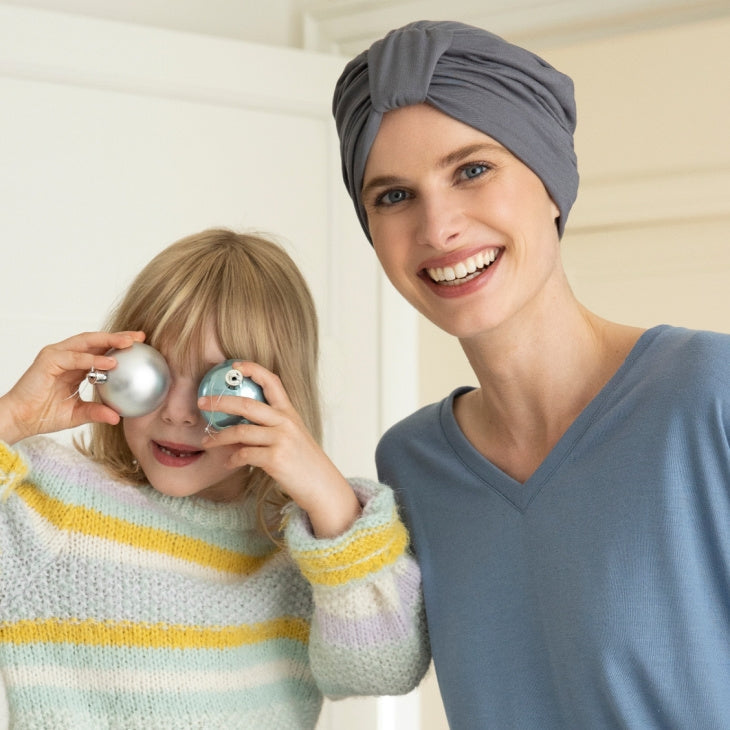
Leave a comment
All comments are moderated before being published.
This site is protected by hCaptcha and the hCaptcha Privacy Policy and Terms of Service apply.